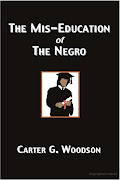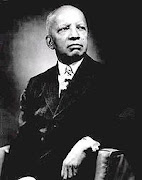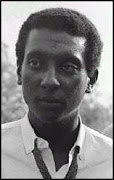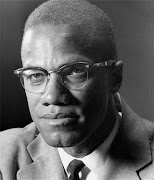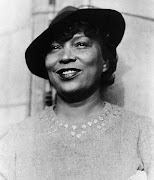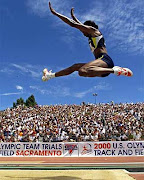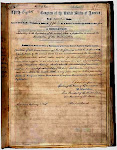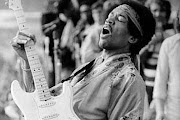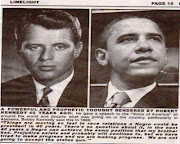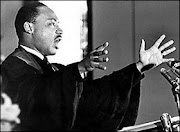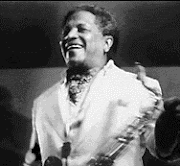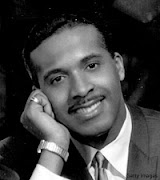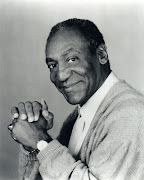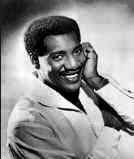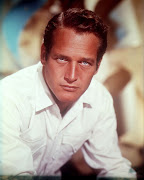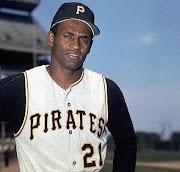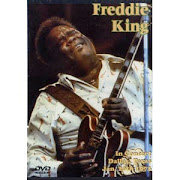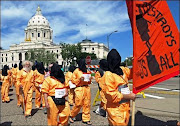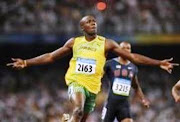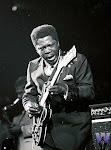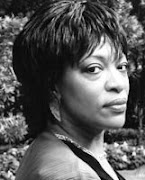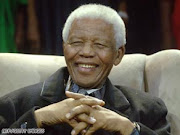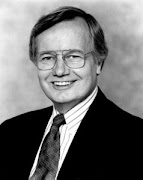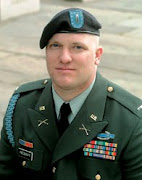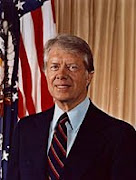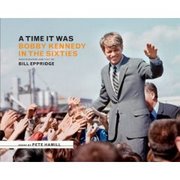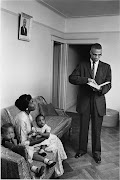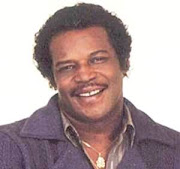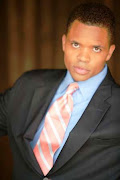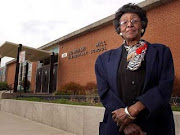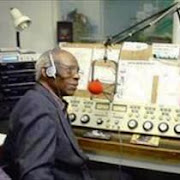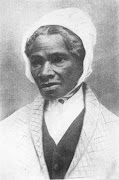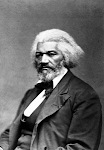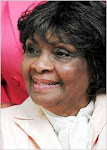
 "I think black women have learned, more successfully than black men, to absorb the pain of their predicament and to keep on stepping."
"I think black women have learned, more successfully than black men, to absorb the pain of their predicament and to keep on stepping."--Michael Eric Dyson, scholar and writer
"...I am a black woman
tall as a cypress
strong
beyond all definition still
defying place
and time
and circumstance
assailed
impervious
indestructible
Look
on me and be
renewed"
--Mari Evans, poet
In the hospital
In late November of 2004, the daddy fell gravely ill, went to emergency, where he was told he had an intestinal blockage and needed to be operated on immediately. The operation was successful, but recovery took a while. He was in the hospital for two weeks.
While in recovery, lots of people came to see him. Now, because he’s worked at a number of black non-profit agencies in the city, many of the visiting well-wishers were black; And, to speed his recovery, they brought him all kinds of comfort food: Red beans and rice, gumbo (spicy version), pound cake, chocolate cake, peach cobbler.
The mother of a former co-worker presented him with a “mess” of chitlins and shook her finger in front of his eyes, saying, "Don't eat it all at once. It's a delicacy!" Uh huh. And when she took the top off the container, let's just say the "delicacy" gave the entire room a "distinctive" aroma.
Another co-worker’s mother brought him pickled pig feet and sat it on the window ledge. It was in a Mason jar, and the daddy could look out the window and, at the same time, see a pig’s foot swimming in liquid. When a nurse reminded them that it was just his second day of recovery from a major operation, that he was on a liquid diet and that, in any case, the food was inappropriate, they insisted that the food was better for him than hospital food and that the daddy would eat it when he was ready.
"kind of different"
Besides the visitors with all the “goodies,” a black woman nurse told him that he had also received another visitor later that night. “You probably don’t remember, but your friends who brought all that food tired you out, and we had to get them to leave. Plus, you were in pain. So we gave you some pain pills and something to make you sleep.”
“No, I don't remember. But you said I had a visitor.”
“You sure did. She showed up and showed out. She came three hours after visiting hours were over and demanded to see you. She even wanted to see your medical chart. Your nurse-- he's the black male nurse-- told her that you were sleeping and on medication, but she started talking loud. Because she had a nursing uniform on, he thought she would understand, but she got louder and louder." She sighed.
"She got her way…She’s kind of different.” Kind of different…Where have I heard that before, I asked myself. Tameka?
“Yes, that was her name. Your nurse said she sat on your bed, eating your food and watching tv. And she left you a note. But he put it in the drawer. He thought it was too… a little too personal to leave out...”
As the nurse smiled broadly, his fingers raced to the top drawer by his bed, retrieved the note quickly but began reading slowly to himself, all the time hoping it wouldn't blow up in his face:
“DON’T GET FRESH BECAUSE I’M SITTING ON THIS BED. I KNOW HOW YOU BLACK MEN ARE.”
He stared at the note and slowly began to smile. He smiled at the nurse (obviously, the night nurse had told her about the note), and she smiled back at him; and for a few seconds, there was a shared moment of cultural understanding between black man and a black woman, between patient and nurse.
Moving to the door, still smiling but reclaiming her role as professional nurse, said, "Mr. Walton, you sure have some funny friends."
Okay, she was still crazy, but it wasn't the first time she made him smile. He smiled when she phoned periodically to update him on her life: when she was readmitted into a nursing program; when she did well on a school exam; when—and this was more often-- she vented about a particular instructor (“I told that old bitch, ‘I don’t believe you!”); when she graduated from nursing school and got a job at a local hospital in St. Paul, Minnesota. But here’s what really made the daddy smile.
Before graduating from the drug program, the one where she consistently gave him a hard time, Tameka wrote a letter to the agency, thanking them for hiring him, saying he was a counselor who wasn’t afraid of them, who knew how to work with people from the streets, who made them think. This letter, and subsequent conversations about how he was able to reach Tameka when no one else could, gave him, for the first time, ultimate legitimacy as a drug counselor. You see, the daddy had taken courses in drug counseling but had no drug counseling degree; and the truth is that he was hired for his knowledge of violence and his work with gangs and violent men. Tameka, more than anyone, made him a good drug counselor in their eyes.
Still crazy but…
She made the daddy smile and laugh out loud too. At one visit evening hospital visit, she advised him that he should be careful about that liquid diet the hospital was giving him. Why? Because the hospital might put some kind of “serum” in it to keep him from having children. “You know some of these white folks in Minnesota think there’s too many blacks and Latinos here already.”
On another visit, she told him that, if she were his nurse and he wasn’t “behaving,” she would give him an overdose. “Honey, I would have you drugged up and on the floor like them prisoners at Abu Ghraib. One minute, you’d be walking through the woods singing tip toe through the tulips; and the next, you’d playing air guitar to purple haze.”
Yeah, she’s crazy alright, but she’s made great strides, all while maintaining a level of self-respect that kept her from going completely insane. By keeping her self-respect, she was able to garner the energy and wherewithal to demand—and get—respect in turn. Yes, she’s crazy, but she made him laugh out loud, smile knowingly, and be a better counselor too.
It was all good while it lasted, but Tameka moved back to Jackson, Mississippi to be with her mother, whose house was flooded by Katrina. She works at one of the hospitals there.
Dear Tameka:
You say that you and your sister are going to visit me in Minnesota this summer, that we’re going to spend the entire afternoon together, eating, talking, laughing, and joking about old times. I don’t believe you! I don’t miss you that much. In fact (smiling), I don’t care if I ever see you again!

 "Poetry is not a luxury. It is a vital necessity of our existence. It forms the quality of the light within which we predicate our hopes and dreams toward survival and change, first made into language, then into idea, then into more tangible action."
"Poetry is not a luxury. It is a vital necessity of our existence. It forms the quality of the light within which we predicate our hopes and dreams toward survival and change, first made into language, then into idea, then into more tangible action."






















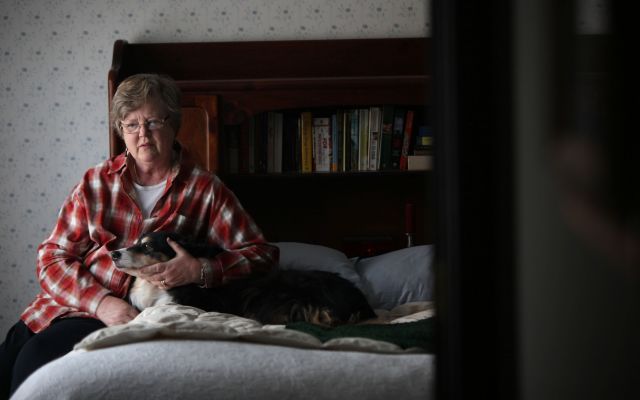
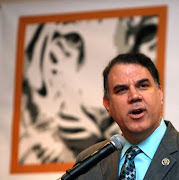


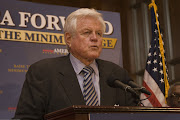








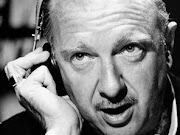
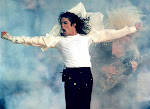

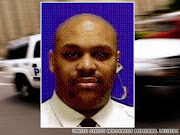
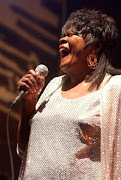





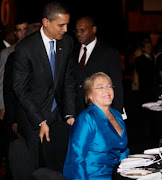


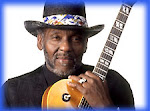
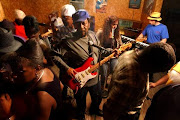

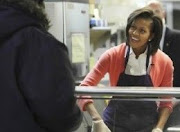

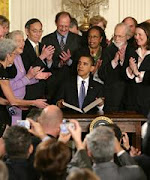







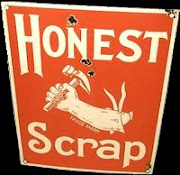





.gif)


